It’s the whodunnit – or whatdunnit – that has kept scientists, politicians, journalists and armchair sleuths speculating ever since the first stories of a ‘mysterious viral pneumonia’ began leaking out of Wuhan: where did Sars-CoV-2, the virus that causes Covid-19, come from? Was it an unlucky natural occurrence, a bat virus which made the opportunistic leap from animals to humans somewhere in the pulsing zoonotic stew of a Wuhan wet market? Or did it stem from the accidental infection of a laboratory worker, most likely in the nearby Wuhan Institute of Virology (WIV), which by 2019 had collected nearly 20,000...
Already a subscriber? Log in
Subscribe for just $2 a week
Try a month of The Spectator Australia absolutely free and without commitment. Not only that but – if you choose to continue – you’ll pay just $2 a week for your first year.
- Unlimited access to spectator.com.au and app
- The weekly edition on the Spectator Australia app
- Spectator podcasts and newsletters
- Full access to spectator.co.uk
Unlock this article
You might disagree with half of it, but you’ll enjoy reading all of it. Try your first month for free, then just $2 a week for the remainder of your first year.


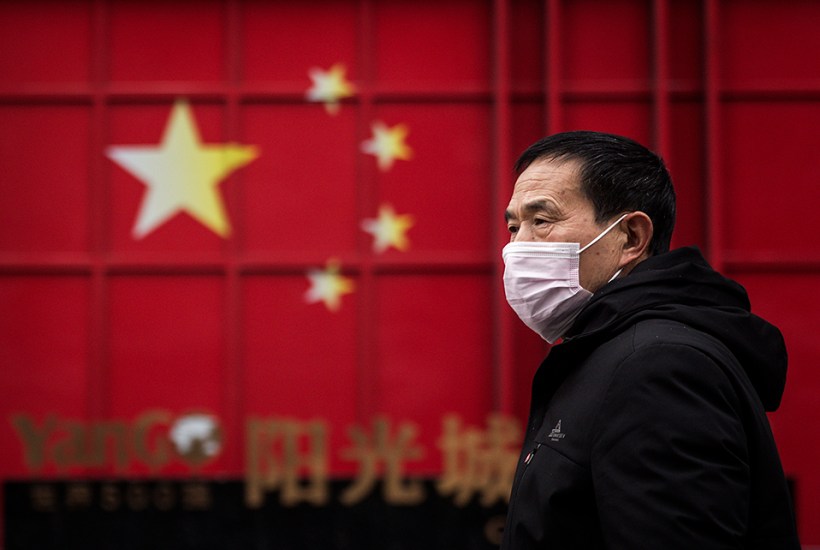
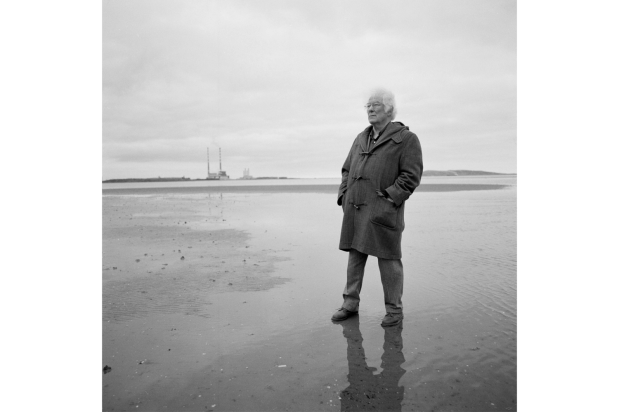

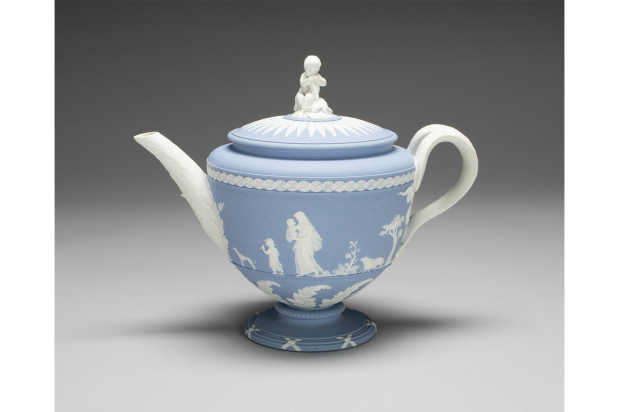
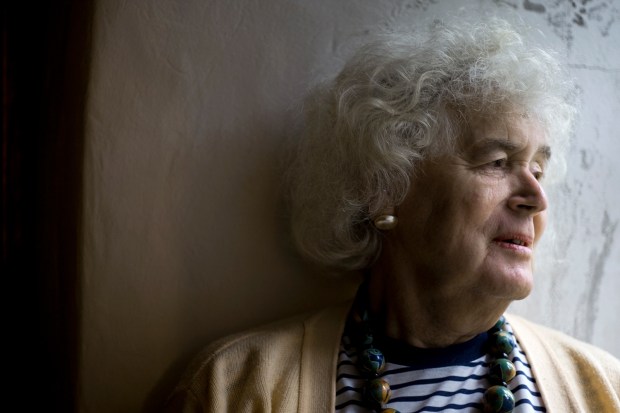

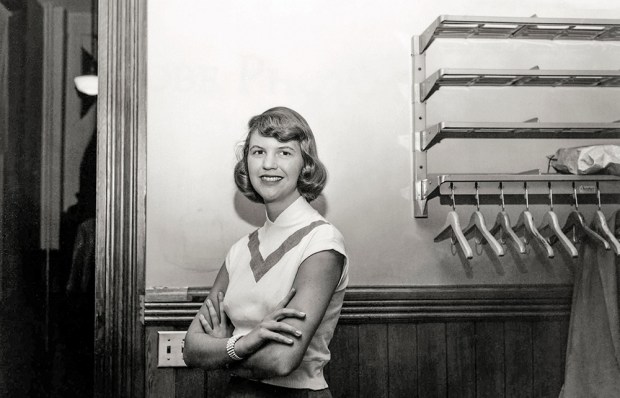






Comments
Don't miss out
Join the conversation with other Spectator Australia readers. Subscribe to leave a comment.
SUBSCRIBEAlready a subscriber? Log in